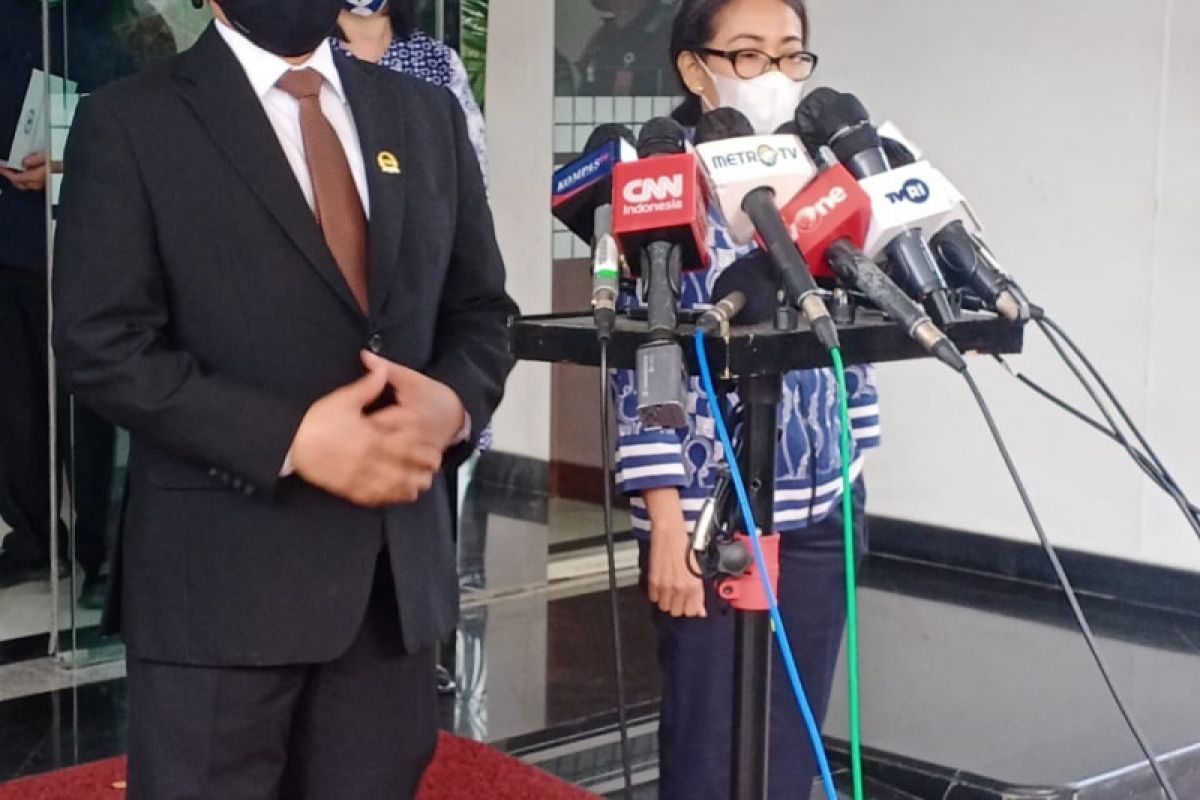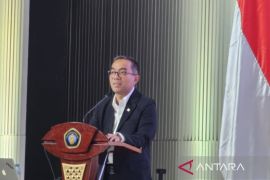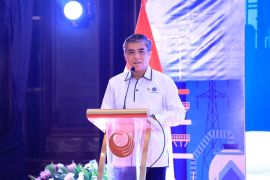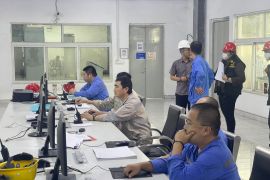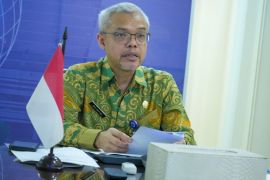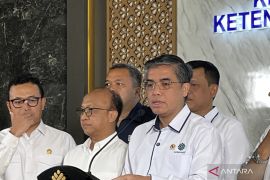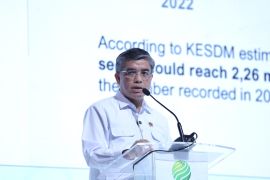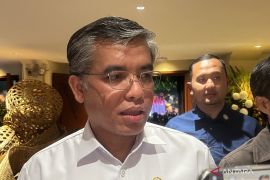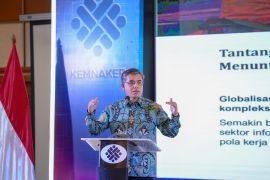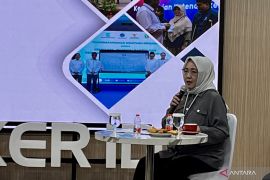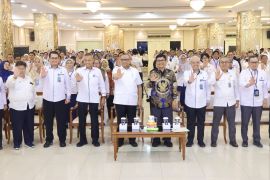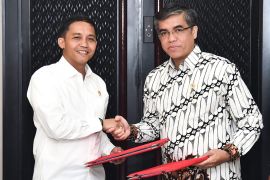"We recorded having organized nine meetings, including with a Tripartite Team of Apindo (employers' association), trade unions, and labor unions," Sanusi noted in a statement here on Saturday.
The government was sentient of the pros and cons of deliberating articles in the labor cluster owing to which the democratic aspect was the basis of discussion, he expounded.
Sanusi made assurance of the government having endeavored ceaselessly to fulfill all aspirations of workers, so that their rights were protected.
The Job Creation Law is aimed at creating job opportunities, especially for those in the productive age group and reduce the unemployment rate that can potentially increase during the COVID-19 pandemic, he noted.
"This is why this law is called Job Creation, which means we need investment, but at the same time, we respond to how to create various job opportunities," Sanusi explained.
Speaking in connection with the hiring of foreign workers, a move that domestic workers have rejected, Sanusi remarked that foreign workers employed in Indonesia possessed special competencies, and the nature of their work was time-bound.
Sanusi explained that this law offers protection to workers with a Fixed-Term Work Agreement (PKWT) as well as guarantees their rights, including providing compensation, in the event of the job ceasing to exist.
Employment based on an outsourcing system is also strictly regulated, and the rights of workers should be protected and outlined in work agreements, he emphasized.
"This means if a company employs people, it usually starts from zero again, not here. The outsourcing entrepreneur must acknowledge the prior work records of the workers. This will be calculated as a component in deciding the salary," he stated.
Related news: Omnibus law will encourage entrepreneurship among youth: BKPM
Related news: Job Creation Law supports economic recovery in Indonesia: World Bank
Translator: Satyagraha, Fardah
Editor: Rahmad Nasution
Copyright © ANTARA 2020
